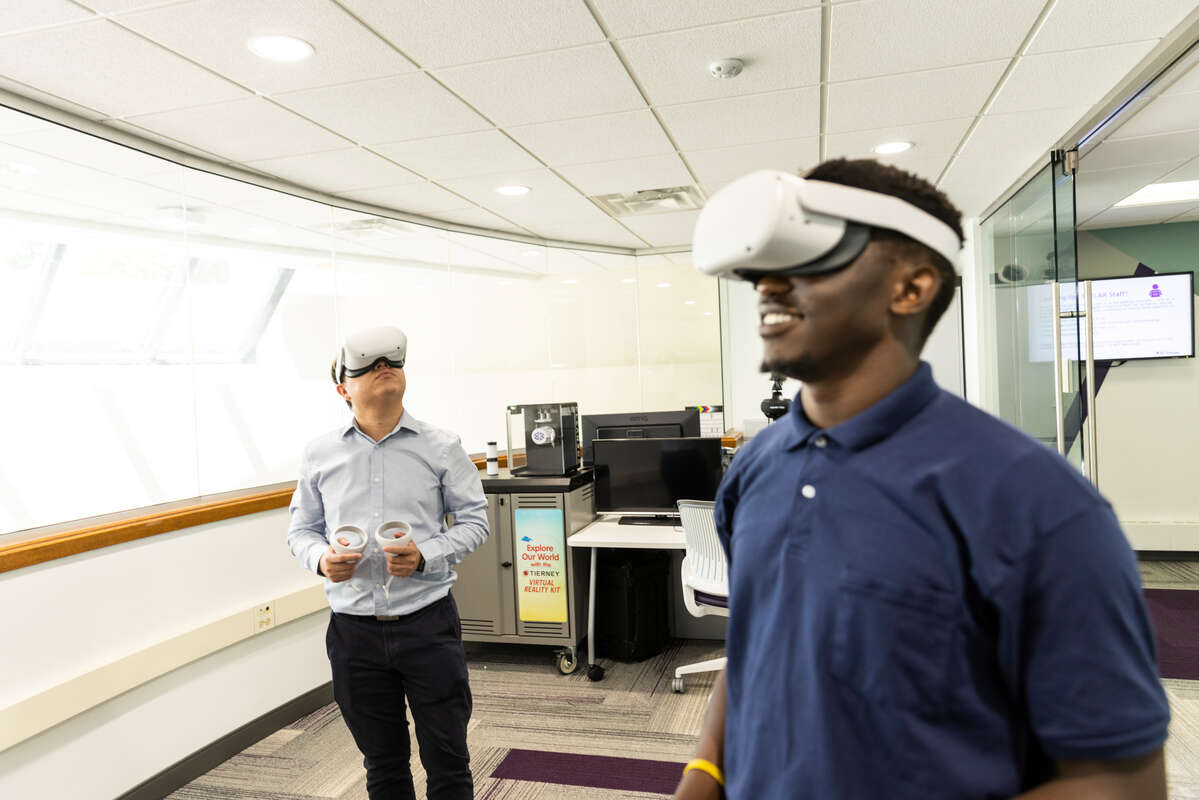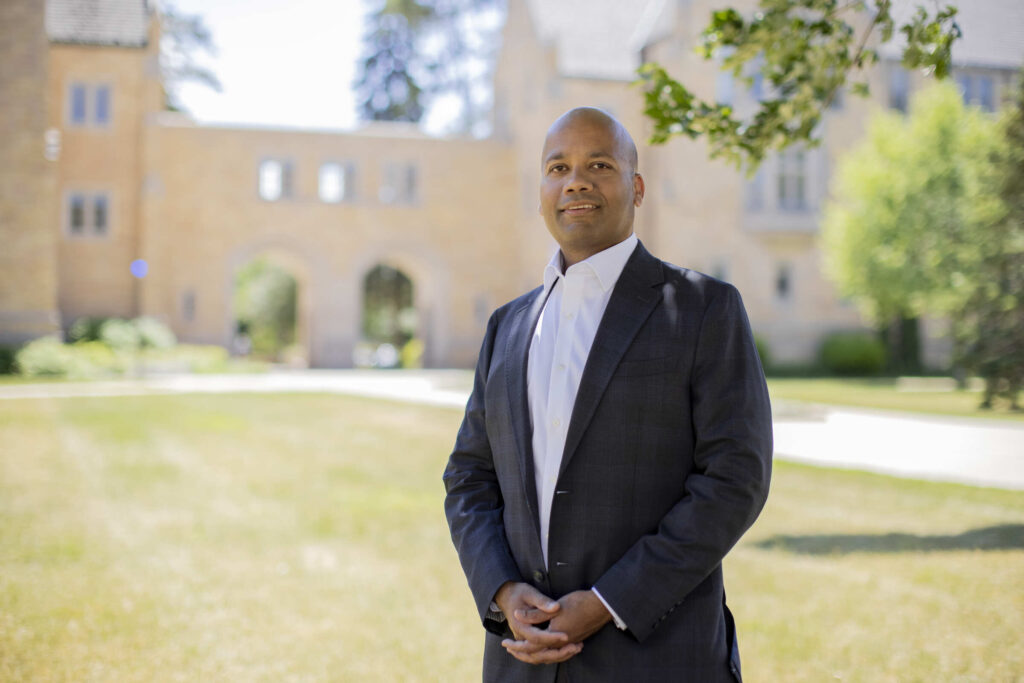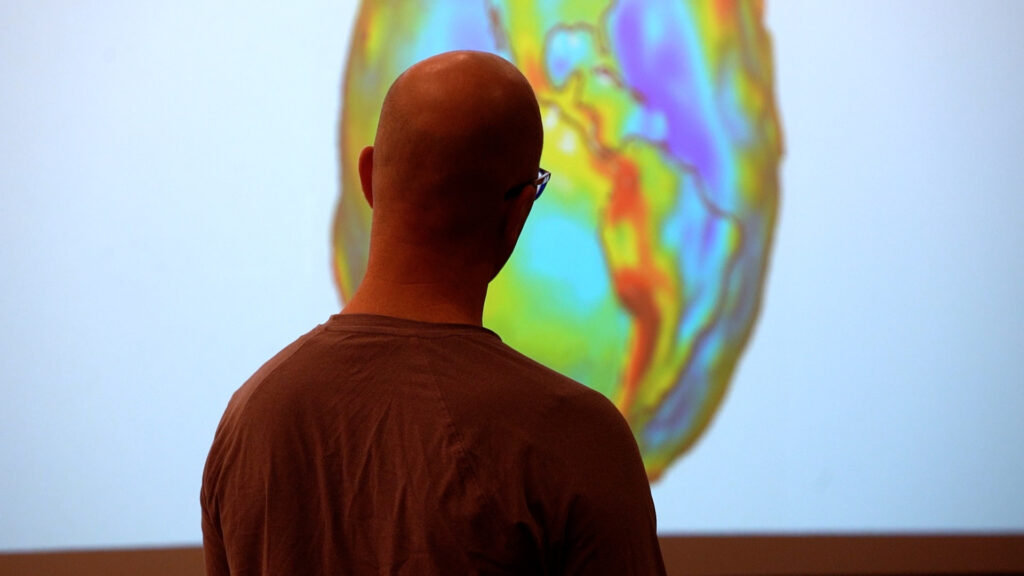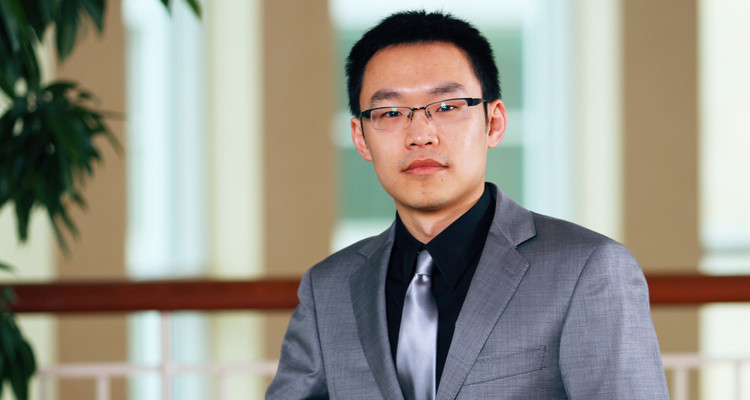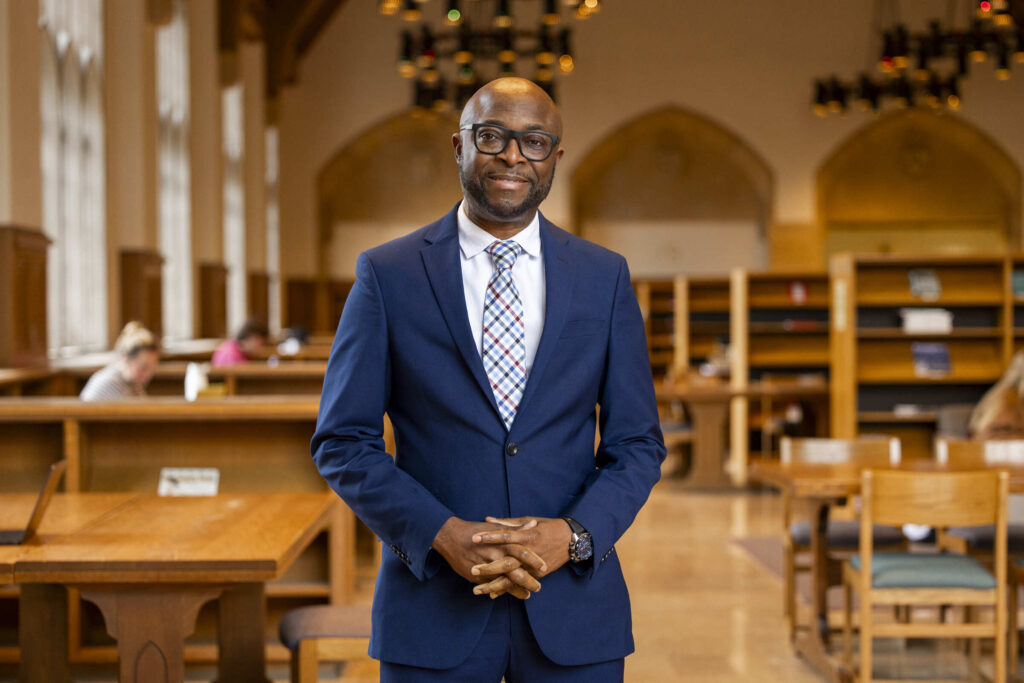The deployment of ChatGPT, an artificial intelligence (AI) application that can compose grade–passing essays, create detailed art and even engage in philosophical conversations and write computer code for specific tasks, is raising tough questions about the future of AI in education and a variety of industries.
Will AI replace or stunt human intellect or critical thinking? Will cheating cripple the learning model in higher education?
When it comes to education, the downside is that ultimately the students are not learning or developing their writing skills with the assistance of such technologies. In addition, not all schools and teaching programs are designed with cutting-edge technologies, making it difficult to even detect when a student uses a tool like ChatGPT.
On the flip side, AI applications like ChatGPT have the potential to make people’s lives easier and to assist with mundane and time-consuming tasks that do not assist with thinking or intellectual growth, such as writing emails or searching endlessly on the internet for information.
There are also several areas AI can assist educators and further improve education:
- Writer’s block – AI could assist with writer’s block to generate more original or nuanced arguments.
- Summarizing vast research – Imagine being able to summarize a ton of research into succinct abstracts, saving hours of time and effort, allowing one to focus on the most relevant and important information quickly.
- Exam preparation – Generating practice exams or questions to test and prepare or personalized feedback on written assignments from ChatGPT to further improve writing skills.
- Guided feedback – AI may also have the potential to provide guided feedback in real time, which would be particularly beneficial for larger class sizes.
- Lesson preparation – Generating lesson plans and teaching materials, allowing educators to save time and effort preparing for class.
Hope for the future of education
The current educational model has always been augmented by new technology, and this was accelerated during the COVID-19 pandemic due to distance learning and online models. All education must continue to be reviewed and keep pace with the evolution of different tools and technologies. Usage of new technology is always a balancing act; perhaps we need to think of ways we can utilize artificial intelligence in the most productive fashion to build something better.
What is the right question to ask? What is a big problem we can address using artificial intelligence tools like ChatGPT for the betterment of society? Some examples may include addressing climate change more effectively through more efficient uses of natural resources, space exploration or curing cancer. If we can now synthesize and interpret vast information, we need to think of pointing that to the right problems and push humanity forward in the best way possible.
The University of St. Thomas is striving to be at the forefront of this change. In so doing, we have revamped our Digital Transformation course to include generative AI technologies into the course with analysis of a digital maturity model for organizations to assess gaps with this technology, prompt engineering, and creation of a framework for organizational governance. With the right compass, we can harness the technology for good by saving vast amounts of time on time-consuming functions to enable breakthroughs. The correct lens is to look at supercharging or speeding up laborious activities of the past to vastly improve productivity.
Author bios:

Manjeet Rege is a professor and chair of the Department of Software and Data Science at the University of St. Thomas. Rege is an author, mentor, thought leader, and a frequent public speaker on big data, machine learning, and artificial intelligence technologies. He is also the co-host of the “All Things Data” podcast that brings together leading data scientists, technologists, business model experts and futurists to discuss strategies to utilize, harness and deploy data science, data-driven strategies and enable digital transformation. Apart from being engaged in research, Rege regularly consults with various organizations to provide expert guidance for building big data and AI practice, and applying innovative data science approaches. He has published in various peer-reviewed reputed venues such as IEEE Transactions on Knowledge and Data Engineering, Data Mining & Knowledge Discovery Journal, IEEE International Conference on Data Mining, and the World Wide Web Conference. He is on the editorial review board of Journal of Computer Information Systems and regularly serves on the program committees of various international conferences.
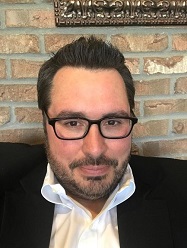
Dan Yarmoluk has been involved in analytics, embedded design and components of mobile products for over a decade. He has focused on creating and driving automation with technology, analytics, and business models that intersect to drive added value and digital transformation. Industries he has served include manufacturing, health care, financial, real estate, construction and education. He publishes his thoughts frequently and co-hosts a popular podcast “All Things Data” with Dr. Manjeet Rege of the University of St. Thomas.
Related Content

